An Odd Pairing: The Relationship between China and the Taliban de facto Authorities
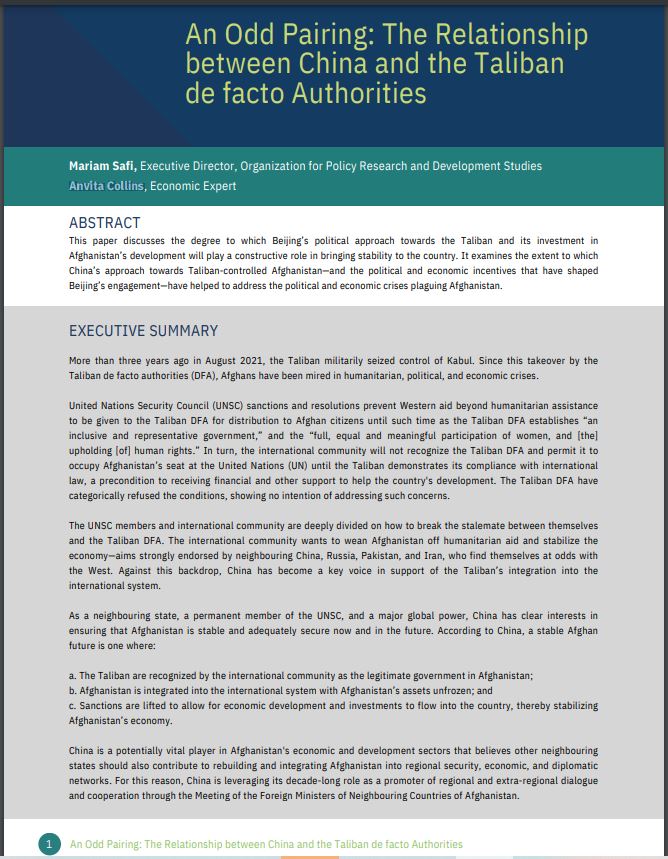
This paper discusses the degree to which Beijing’s political approach towards the Taliban and its investment in Afghanistan’s development will play a constructive role in bringing stability to the country. It examines the extent to which China’s approach towards Taliban-controlled Afghanistan—and the political and economic incentives that have shaped Beijing’s engagement—have helped to address the political and economic crises plaguing Afghanistan.
Changing social norms around age of marriage in Afghanistan – Full Report
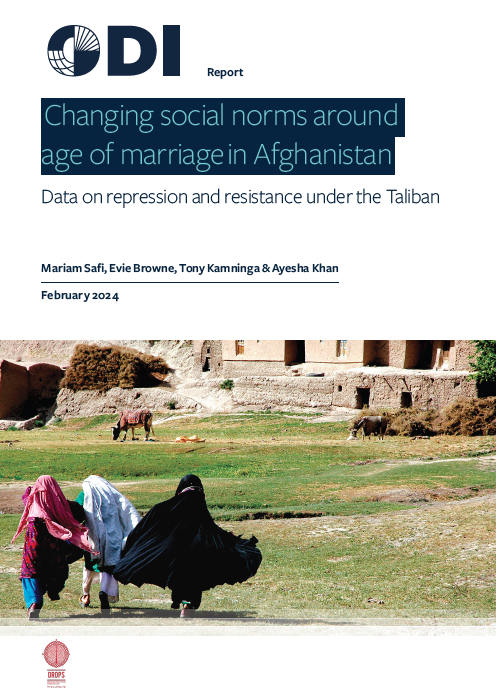
This full report examines current norms around the Age of Marriage in Afghanistan under today’s Taliban regime. This report is developed by DROPS, in collaboration with GESI team at ODI.
Changing social norms around age of marriage in Afghanistan – Executive Summary

This is an Executive summary that examines current norms around the Age of Marriage in Afghanistan, under today’s Taliban regime. This is developed by DROPS, in collaboration with GESI team at ODI.
Assessment of First Phase of NAP 1325 (2015-2018) in Six Provinces of Afghanistan

The document analyzes the ongoing peace talks in Afghanistan, particularly the U.S.-Taliban negotiations, and highlights the Afghan government’s concerns about being sidelined. It raises key issues such as the ambiguity around “intra-Afghan dialogue,” the role of the Afghan state in future talks, and the fate of Afghanistan’s democracy and constitution.
Future of Peace Talks Gloomy as Afghan State Is Sidelined in Talks with the Taliban
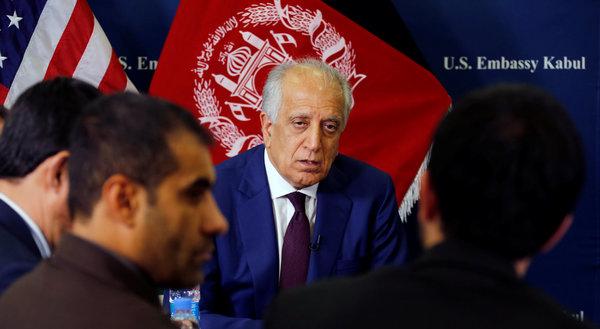
The document analyzes the ongoing peace talks in Afghanistan, particularly the U.S.-Taliban negotiations, and highlights the Afghan government’s concerns about being sidelined. It raises key issues such as the ambiguity around “intra-Afghan dialogue,” the role of the Afghan state in future talks, and the fate of Afghanistan’s democracy and constitution.
Integrating Afghanistan into the Belt and Road Initiative: Review, Analysis and Prospects
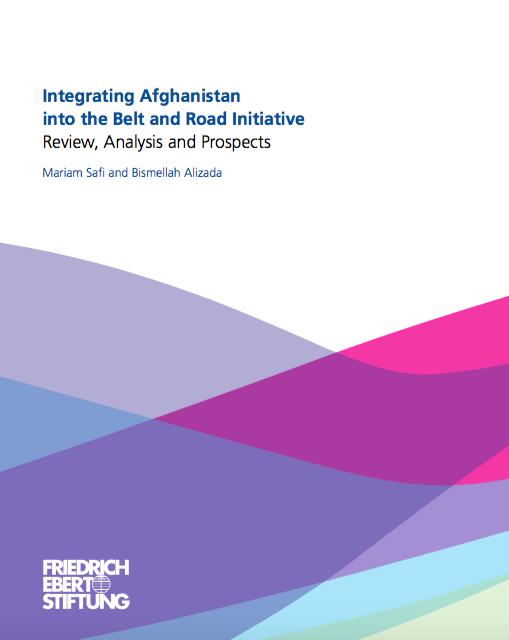
The document explores Afghanistan’s potential integration into China’s Belt and Road Initiative (BRI). It highlights Afghanistan’s strategic location and the opportunities for becoming a regional trade hub. The analysis covers the challenges, such as security concerns and infrastructure deficits, and the steps Afghanistan could take to benefit from the BRI, including improving regional connectivity and fostering economic cooperation with China and neighboring countries.
Development and Security Investing in People, Peace, and Prosperity
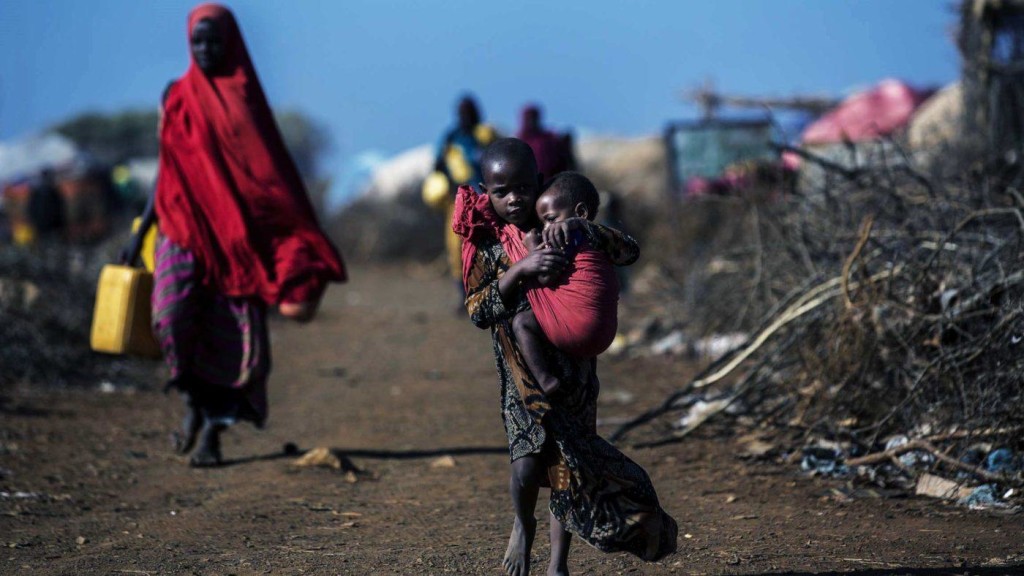
The discussion paper explores the interconnection between development and security, emphasizing the need for a comprehensive approach to achieve peace and prosperity. It includes insights from international experts on how to address global challenges, with a focus on policies that integrate security and development efforts. The paper also provides case studies and recommendations for building peaceful and inclusive societies, highlighting the critical role of investing in people and governance to ensure sustainable development and long-term security.
Kabul Process Falters as Taliban Support Rises
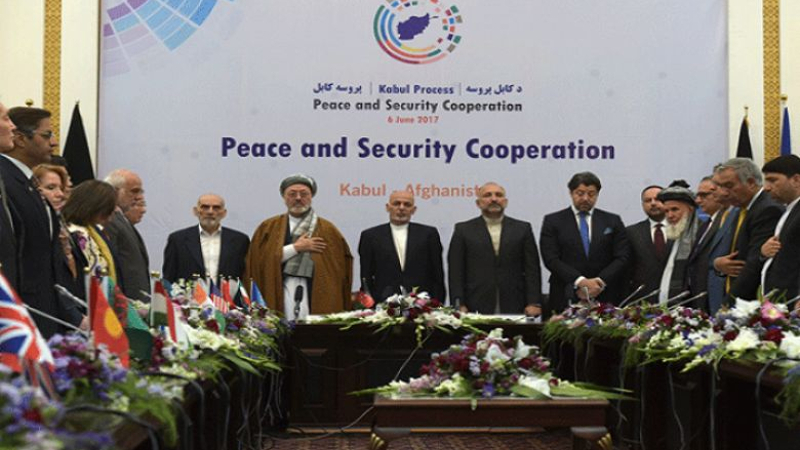
The article highlights the challenges of the Kabul Process, an Afghan-led peace initiative. Despite efforts to gain international support, the Taliban’s growing strength and regional backing, along with the presence of the Islamic State, make peace prospects grim. The complex geopolitical landscape and ongoing conflicts suggest the process is unlikely to succeed.
Afghanistan: Current Migration Patterns & Policy Challenges

The document discusses Afghanistan’s current migration patterns and the policy challenges the country faces. It highlights the shift from refugee migration to “mixed migration,” driven by factors such as economic opportunities and security concerns. The document emphasizes the need for more comprehensive policies that address all forms of migration, including labor migration and the reintegration of returnees. It also outlines the limitations of existing strategies and offers recommendations for improving Afghanistan’s migration management and support systems.
Afghan Women and CVE: What are their roles, challenges and opportunities in CVE?
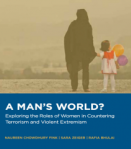
In recent years, women’s roles in preventing and countering violent extremism (P/CVE) have gained attention in international counterterrorism discussions. This edited volume by the Global Center and Hedayah expands the literature on the subject, offering insights from various countries and regions. The essays provide policy recommendations and programmatic suggestions, addressing key questions about the roles women can play in P/CVE efforts.